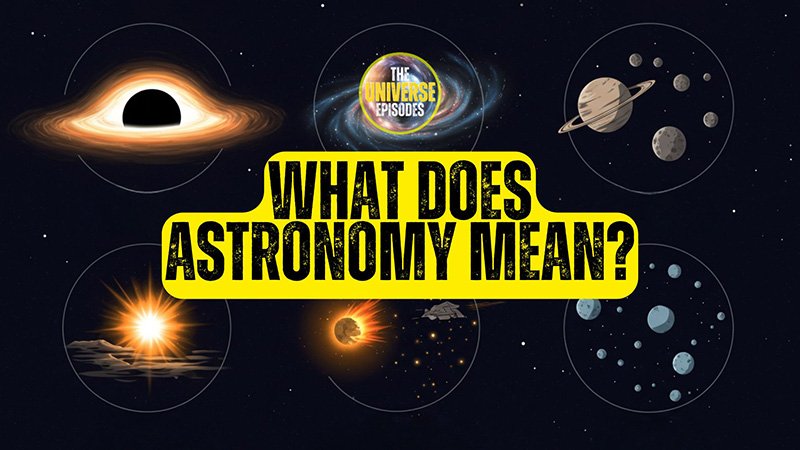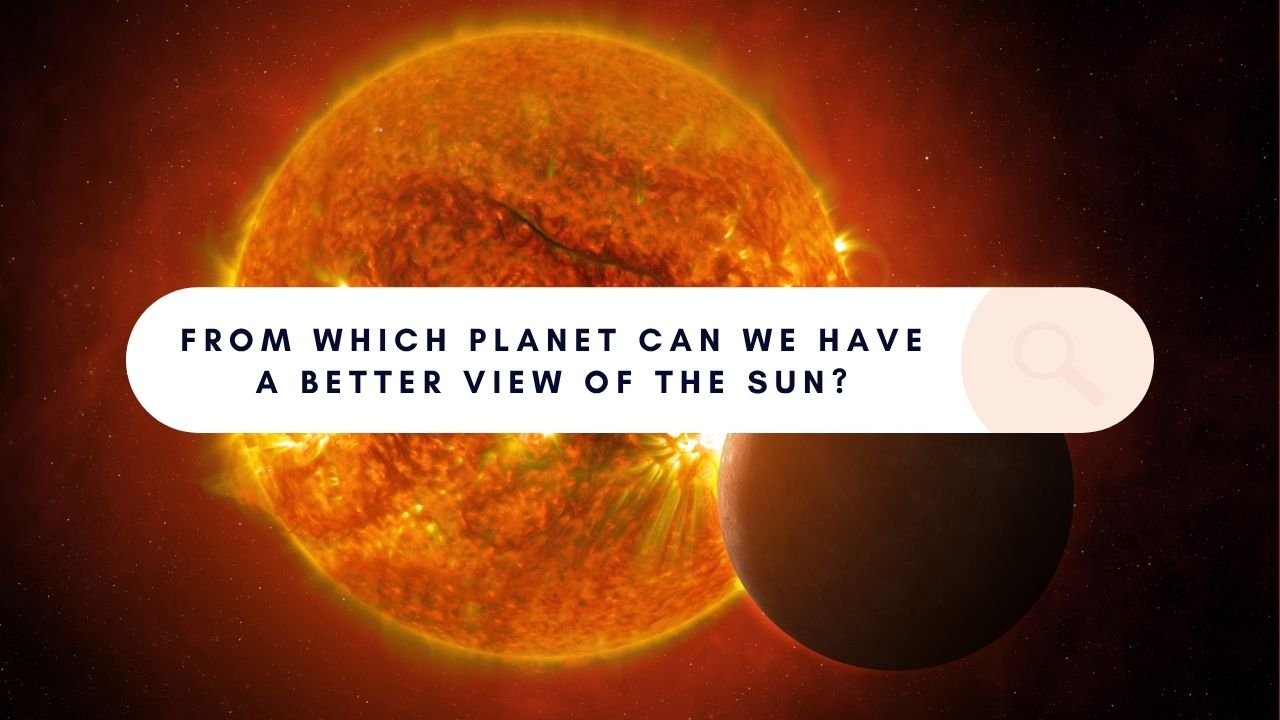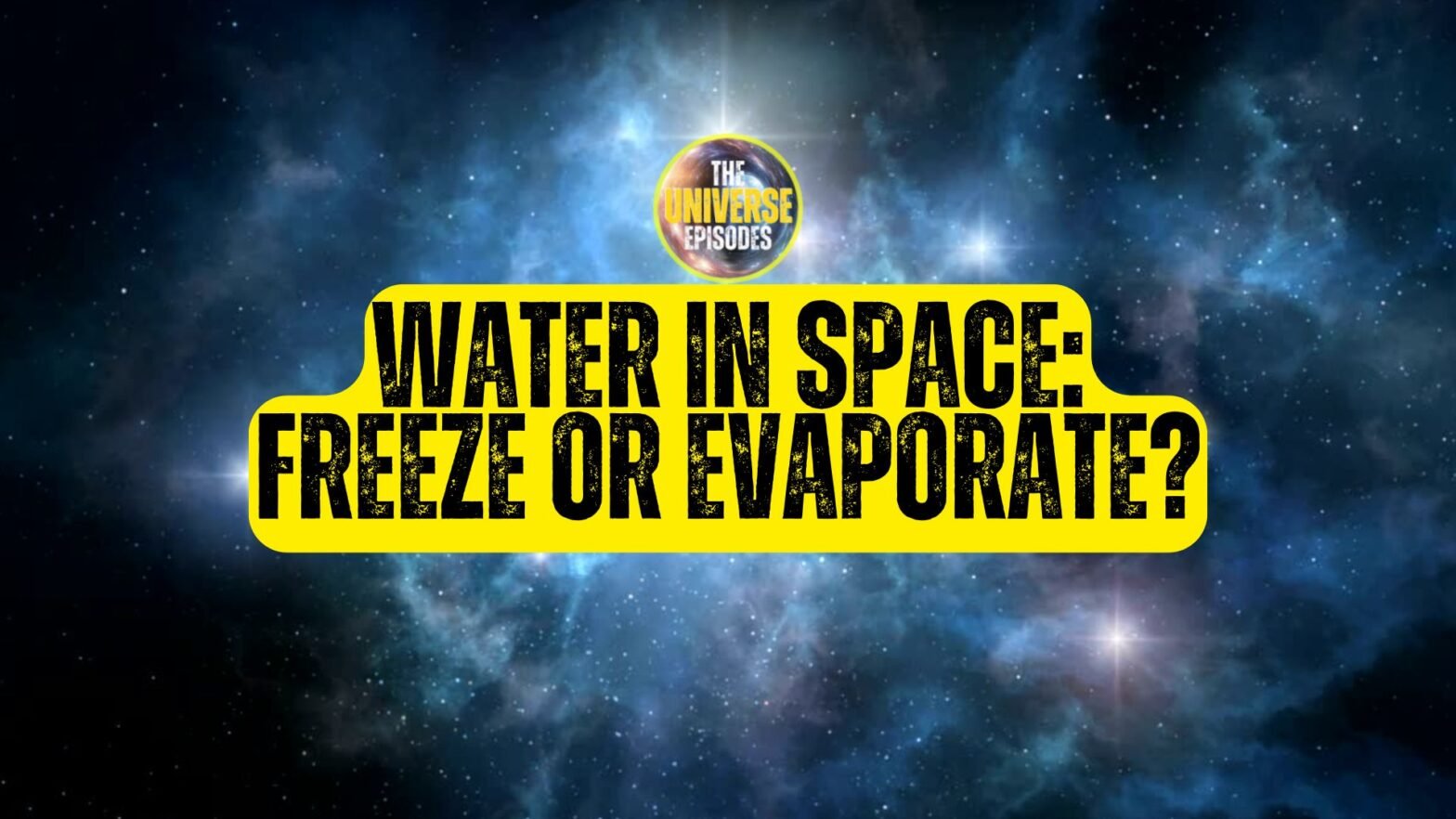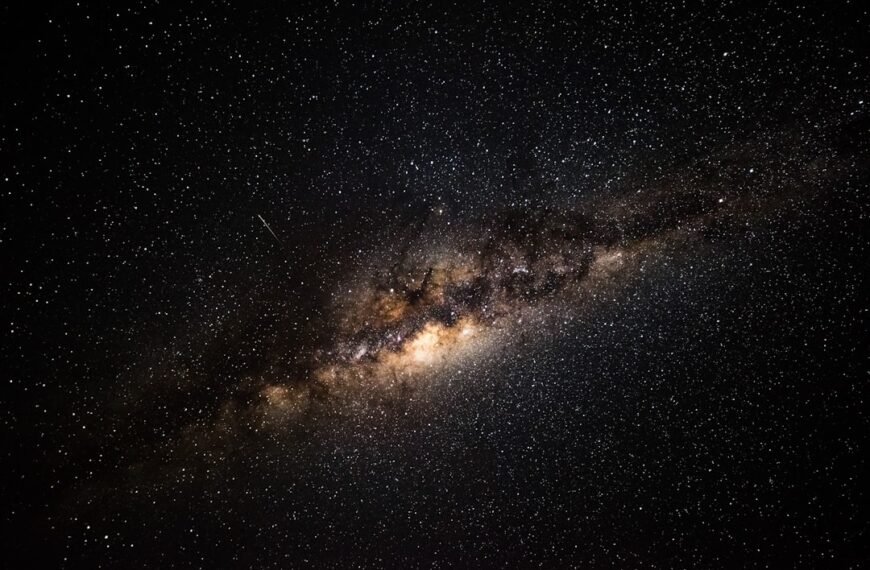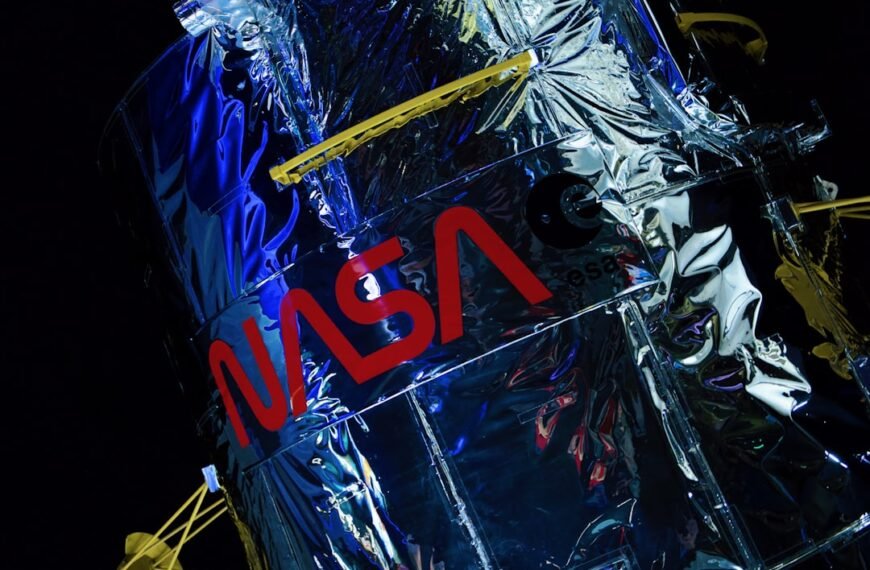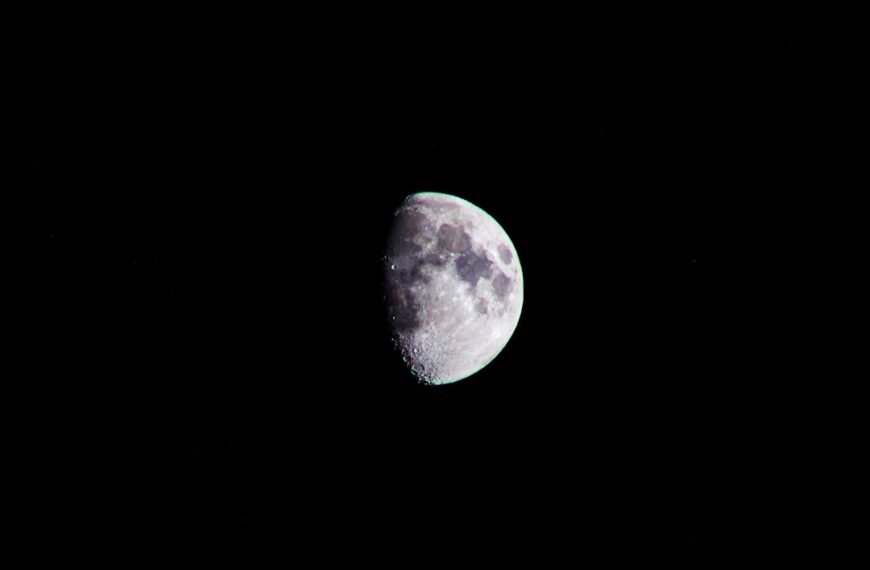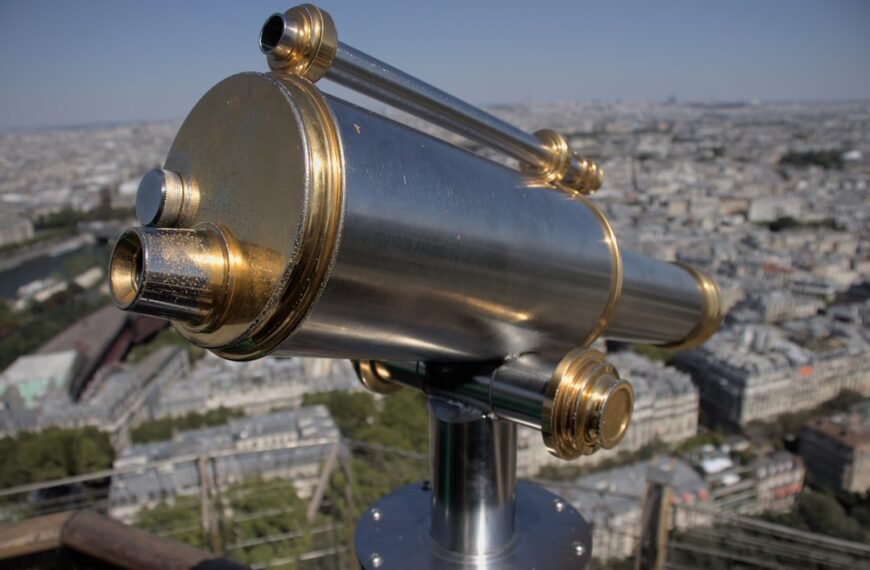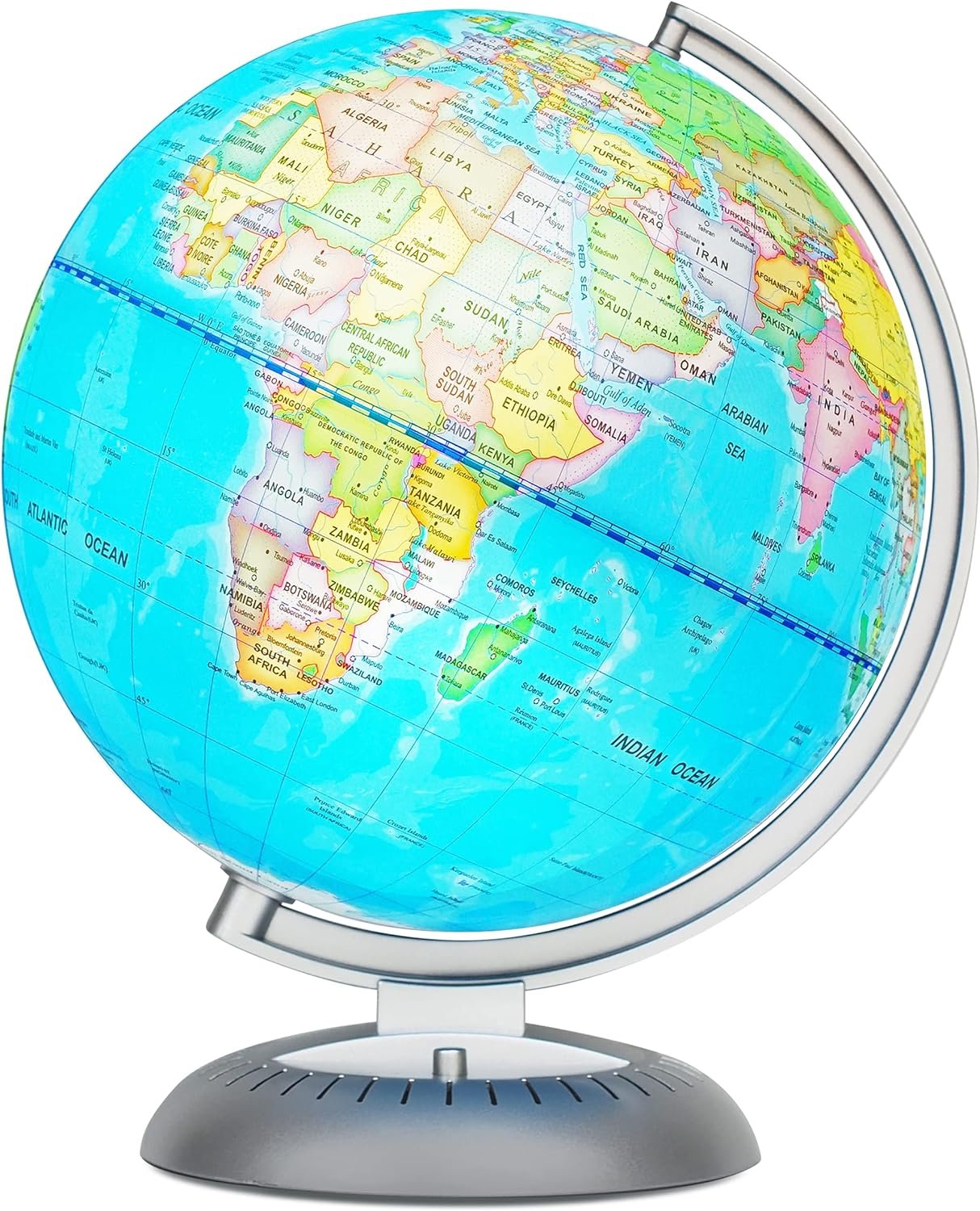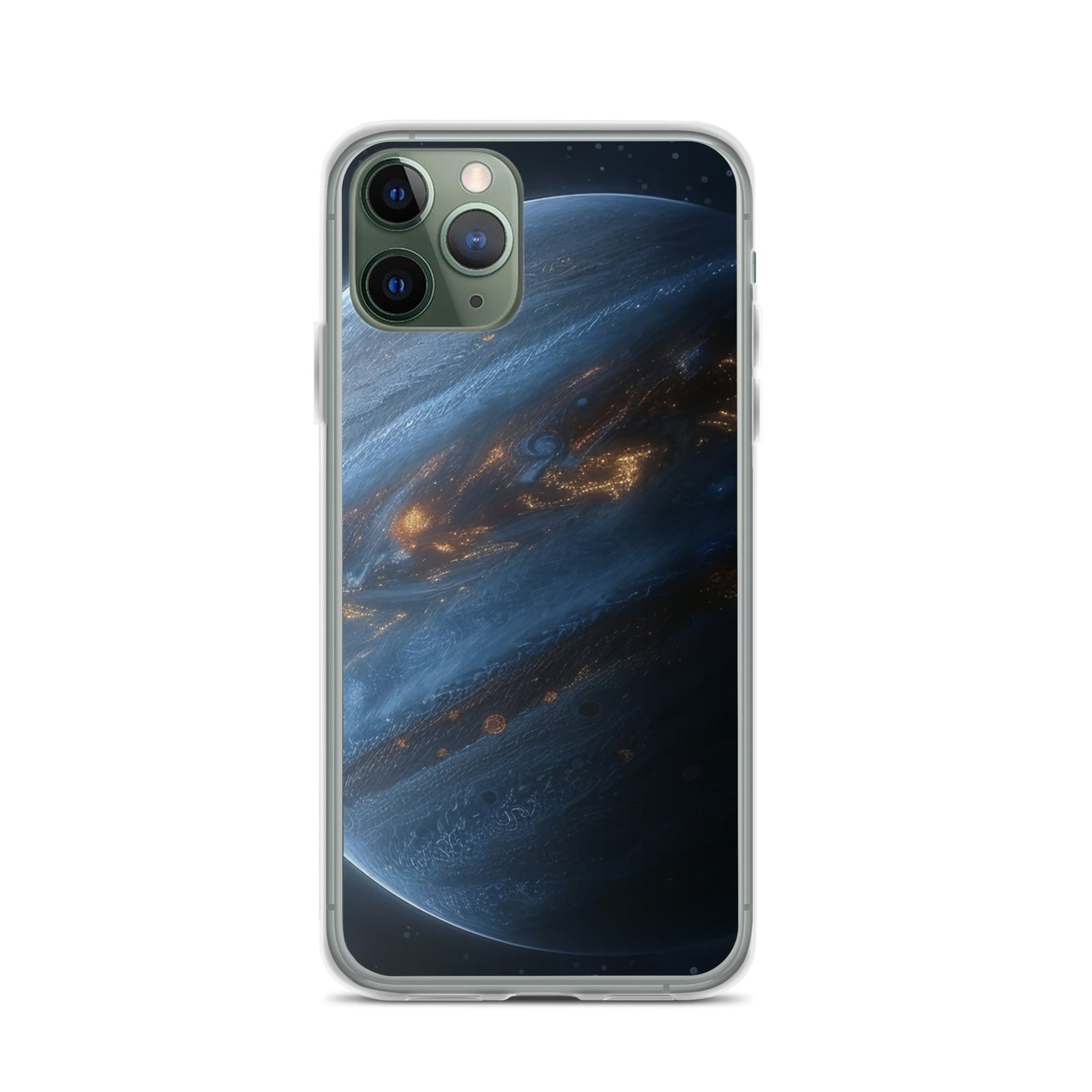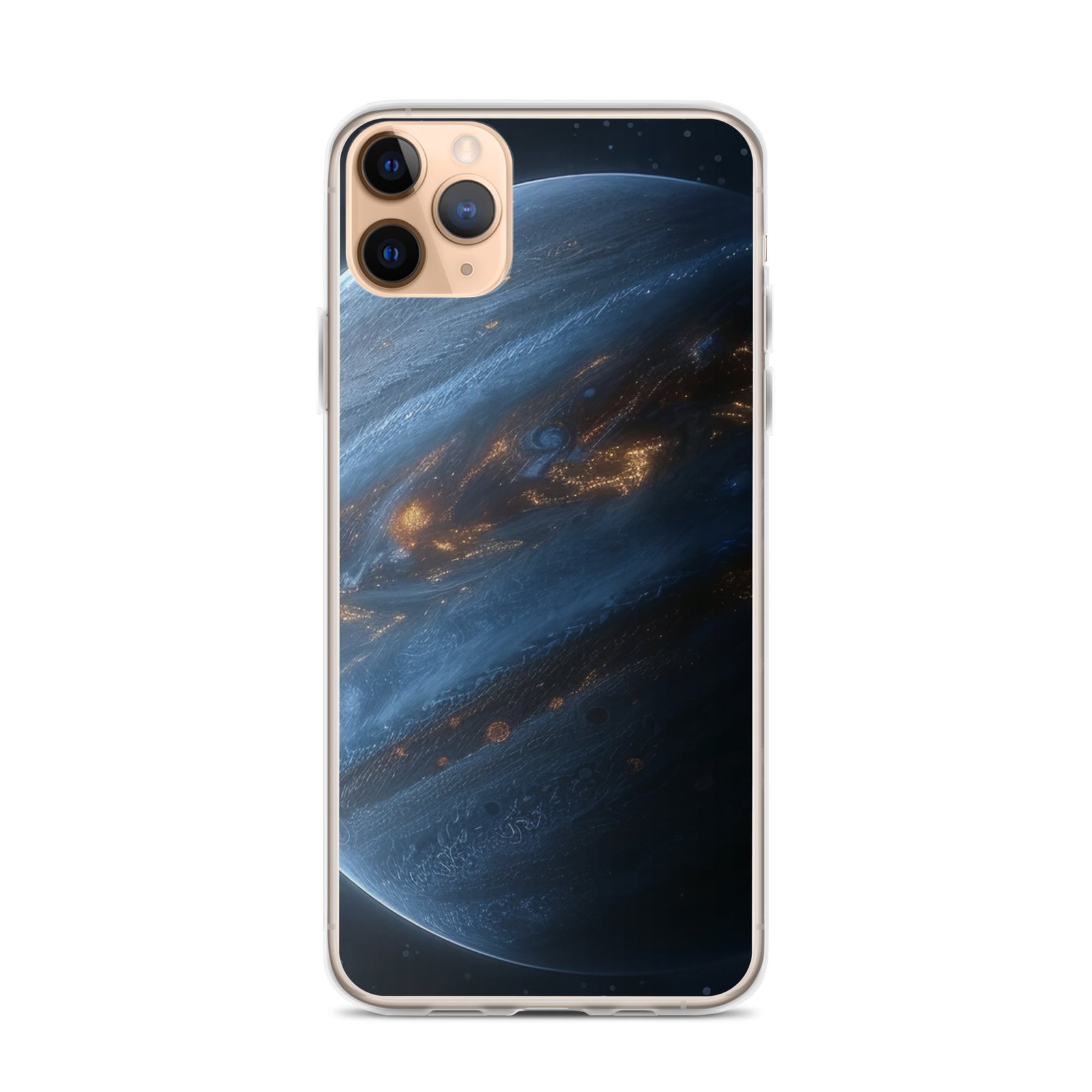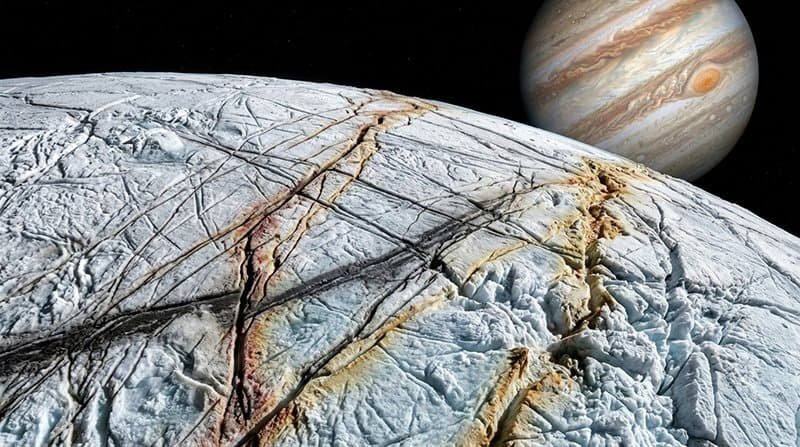The Ultimate Beginner’s Guide to Understanding the Universe
Key Takeaways
- Astronomy is the scientific study of everything beyond Earth’s atmosphere — from planets and stars to galaxies and the entire universe.
- It’s one of the oldest sciences, rooted in both survival and curiosity.
- Modern astronomy combines observations, physics, and technology to answer big questions like: Where did we come from? and Are we alone?
- It’s different from astrology, which is not a science.
- Astronomy branches into specialties like astrophysics, cosmology, and planetary science, each tackling a unique slice of the cosmos.
- Astronomy impacts our daily lives through innovations like GPS, Wi-Fi, and medical imaging.
- It’s a gateway science that fuels interest in STEM fields and global collaboration.
- Anyone can start learning astronomy with just curiosity, a star map, and a clear sky.
Why Do We Look at the Stars?
Since ancient times, humans have looked to the sky with a mix of wonder and necessity. We navigated by the stars, marked seasons with the Moon, and built calendars based on the Sun’s path. But beyond the practical, there’s a deeper pull — the desire to understand our place in the universe.
So, what does astronomy really mean?
Let’s explore.
The Definition of Astronomy
🔹 What Is Astronomy?
Astronomy is the scientific study of celestial objects, space, and the universe as a whole.
That includes:
- Planets and moons
- Stars and constellations
- Galaxies
- Black holes
- Nebulae
- Dark matter and dark energy
- The origin and fate of the universe
[Fact] NASA defines astronomy as the study of the sun, moon, stars, planets, comets, gas, galaxies, dust, and other non-Earthly bodies.
🔸 Astronomy vs. Astrology: What’s the Difference?
| Aspect | Astronomy | Astrology |
|---|---|---|
| Type | Science | Belief system (pseudoscience) |
| Based on | Observation + Physics | Tradition + Divination |
| Purpose | Understand the universe | Predict human behavior |
| Tools | Telescopes, data, models | Horoscopes, zodiac signs |
| Responds to evidence? | ✅ Yes | ❌ No |
📌 Quick Summary: Astronomy uses the scientific method. Astrology does not.
A Short History of Astronomy
1. Ancient Civilizations
- Babylonians and Mayans tracked planetary movements to build calendars.
- Egyptians aligned pyramids with star positions.
- Greeks proposed the geocentric model (Earth at the center).
2. The Copernican Revolution
- Copernicus challenged geocentrism with a heliocentric model.
- Galileo used a telescope to observe moons orbiting Jupiter — a major breakthrough.
- Kepler described planetary motion with mathematical precision.
3. Modern Astronomy
- Newton’s law of gravitation explained celestial motion.
- Einstein’s relativity redefined gravity.
- In the 20th century, Hubble discovered the universe is expanding — leading to the Big Bang theory.
How Astronomy Works: Observation + Theory
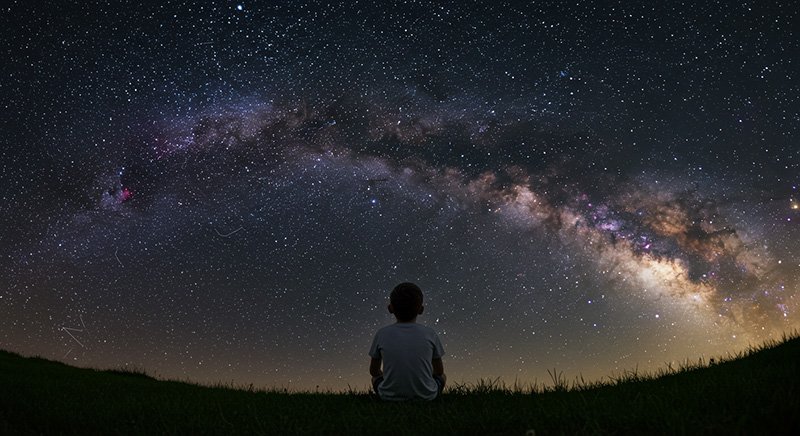 Milky Way galaxy inspiring awe and curiosity about astronomy.” class=”wp-image-21343″/>
Milky Way galaxy inspiring awe and curiosity about astronomy.” class=”wp-image-21343″/>Astronomy is built on two main pillars:
1. Observational Astronomy
- Uses telescopes, satellites, and instruments to collect data.
- Example: Studying the light from stars to determine what they’re made of.
2. Theoretical Astronomy
- Uses physics and computer models to explain what we observe.
- Example: Simulating black hole collisions using Einstein’s equations.
💡 These two work together: observation informs theory, and theory guides new observations.
Branches of Astronomy
| Branch | Focus | Example Question |
|---|---|---|
| Astrophysics | Physics of the universe | What powers a supernova? |
| Cosmology | Origin + structure of universe | How did the universe begin? |
| Planetary Science | Planets + moons | Can Mars support life? |
| Stellar Astronomy | Life cycle of stars | How do stars die? |
| Extragalactic Astronomy | Galaxies beyond the Milky Way | How are galaxies formed? |
| Solar Physics | Our Sun | Why do solar flares happen? |
| Astrobiology | Life in the universe | Are we alone? |
Tools Used in Astronomy
Astronomers rely on high-tech tools, including:
- Telescopes (optical, radio, infrared)
- Space telescopes (like Hubble, JWST)
- Spectroscopes (break light into colors to analyze chemicals)
- Supercomputers (to model cosmic events)
- Gravitational wave detectors (like LIGO)
Each tool helps us explore parts of the universe invisible to the naked eye.
What Questions Does Astronomy Try to Answer?
Astronomy tackles the biggest questions:
- How did the universe begin?
- What is dark matter and dark energy?
- Are we alone in the universe?
- How will the universe end?
These questions don’t just belong in science fiction. They are being studied in labs and observatories right now.
How to Start Studying Astronomy
Anyone can begin exploring astronomy — no PhD required.
🧑🏫 Beginner’s Checklist
- 📱 Download a stargazing app like Sky Guide or Star Walk
- 🔭 Buy a beginner telescope or binoculars
- 📖 Read introductory guides from NASA or Astronomy.com
- 🌌 Start identifying constellations and planets with a printable star map
🎓 Many universities also offer free online astronomy courses, and YouTube is filled with visual learning content for beginners.
Careers in Astronomy: Who Studies the Universe?
Astronomy offers careers in science, education, tech, and beyond.
🔬 Common Job Paths
- Research astronomer – Studies galaxies, stars, or planetary systems
- Astrophysicist – Models how stars form and die using physics
- Space agency scientist – Works for NASA, ESA, etc.
- Planetarium educator – Brings space to life for students
- Data scientist – Applies astronomy skills to AI or analytics
💼 Real-World Example
In my experience advising STEM students, I’ve seen physics undergrads intern at observatories and later work in aerospace tech companies. Astronomy isn’t just for academia — it teaches coding, critical thinking, and complex systems analysis, which are valued across industries.
🔭 5 Greatest Discoveries in Astronomy
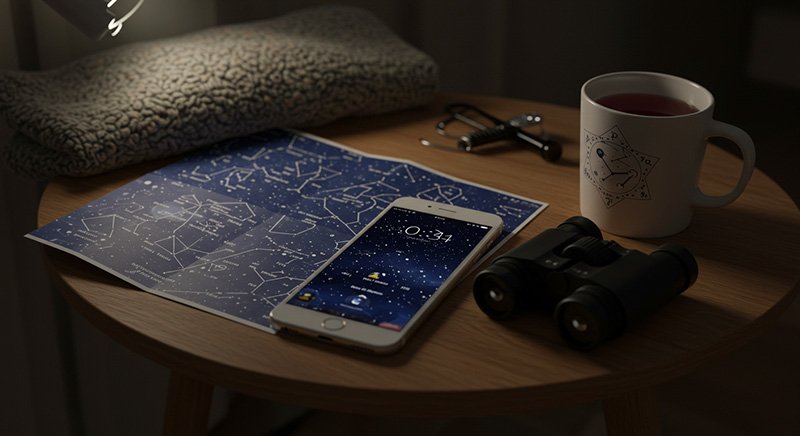
- The Moon’s Craters Aren’t Perfect – Galileo shattered the myth of heavenly perfection
- Heliocentric Model – Earth isn’t the center; the Sun is
- Expansion of the Universe – Hubble proved galaxies are moving away
- Gravitational Waves – Einstein’s prediction finally detected in 2015
- Exoplanets – Thousands of planets outside our solar system discovered
Frequently Asked Questions (FAQ)
Is astronomy hard to study?
It can be challenging but also very rewarding.
Astronomy involves physics, math, and computer science — but there are many levels of study, from beginner stargazing to PhD research.
Can I become an astronomer?
Yes!
Start by learning physics and math in school. Many astronomers work at universities, observatories, or NASA.
What’s the difference between astrophysics and cosmology?
Astrophysics is broader; cosmology focuses on the universe as a whole.
Astrophysicists study stars, planets, black holes, etc. Cosmologists study the Big Bang, expansion, and structure of the universe.
Can astronomy help us find aliens?
It might.
The field of astrobiology looks for signs of life on exoplanets. The James Webb Space Telescope is already analyzing distant atmospheres.
What equipment do I need to start observing the sky?
You don’t need much!
Start with a sky app, star map, or binoculars. A small telescope helps, but your curiosity matters more than gear.
Does astronomy affect everyday life?
Yes — more than you think.
From GPS and weather satellites to Wi-Fi algorithms and climate models, astronomy powers tech we rely on daily.
How to Start Learning Astronomy
Step 1: Download a Stargazing App
Use apps like Sky Guide or Star Walk to identify stars in real time.
Step 2: Print a Star Map
Get a seasonal star chart and print it for easy reference at night.
Step 3: Go Outside and Observe
Find a dark place, avoid city lights, and look up! Use the app and chart to explore.

